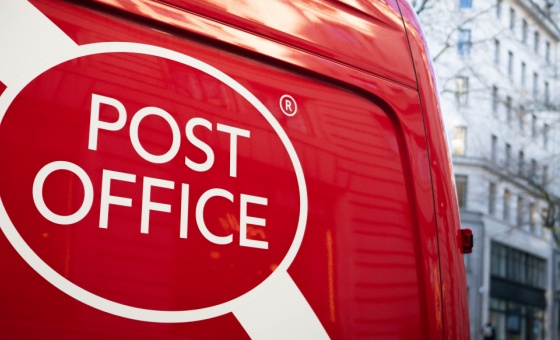This is the last article you can read this month
You can read more article this month
You can read more articles this month
Sorry your limit is up for this month
Reset on:
Please help support the Morning Star by subscribing here
STATISTICS telling us how unequal the world is can be hard to get our heads round. Millions and billions are not numbers reflecting our daily experience of the world, and our brains find it difficult to conceptualise just how huge they are.
As a result it is easy to become indifferent to the reams of statistics we are bombarded with every day: that the NHS will face a funding gap of £30 billion by 2020, that the national debt has risen from £960bn to £1.5 trillion since David Cameron became Prime Minister in 2010 or that tax dodging costs the Exchequer £120bn a year. We don’t always know what such figures mean.
So many people will shrug at Oxfam’s finding today that the richest 62 people on Earth own as much as the poorest 3,600,000,000 people and go about their business.
It’s worth pausing to think about it, however. As Oxfam chief executive Mark Goldring says: “It is simply unacceptable that the poorest half of the world population owns no more than a small group of the global super-rich — so few, you could fit them on a single coach.”
That the richest one-hundredth now own as much as everyone else put together illustrates the uncanny accuracy of the Occupy movement’s slogan.
Talk of “the 1 per cent” who own and control the world and “the 99 per cent” who don’t is not emotive rabble-rousing: it is simply a statement of fact.
And things are getting worse — fast. As Oxfam notes, in 2010 it took the combined wealth of the richest 388 people to equal that of the poorest half of the world.
Capitalism’s defenders will argue that even if the richest are benefiting the most, the world as a whole is getting richer which benefits everyone.
But that’s not true. The total wealth of the poorest half of humanity has fallen by nearly £700bn since 2010, even though the number of people in this group has risen by 400 million.
“The facts show that the recent explosion in the wealth of the super-rich has come at the expense of the poorest,” in Goldring’s words.
Global leaders often claim that the number of people in poverty is falling, but the truth is much more complicated. In many parts of the world, poverty is on the rise.
The World Bank admits that “China alone [has] accounted for most of the decline in extreme poverty over the past three decades.”
The United Nations Development Programme has also described the way “poverty has been reduced by almost half in Latin America and the Caribbean” since the millennium.
It is no coincidence that Latin America and China, the only areas where poverty is consistently declining, have had socialist governments prepared to reject the “market knows best” dogma that holds Washington, Brussels and London in its sclerotic grip.
Goldring laments that concern over inequality “has so far not translated into concrete action” to tackle it.
This is not some inexplicable mishap. Inequality is getting worse everywhere that capitalism rules because the concentration of ever greater wealth into ever fewer hands is built into the system. It is the natural outcome of a world run for corporate profit.
Charities like Oxfam do excellent work. Often they save lives. But decades of charity have not ended poverty or reduced inequality. Only revolution can do that.









